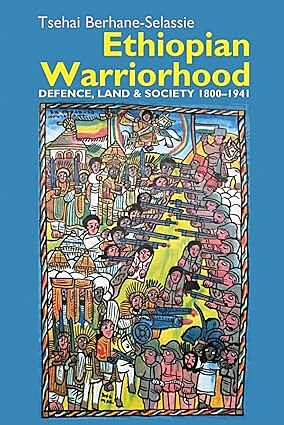Local Storage seems to be disabled in your browser.
For the best experience on our site, be sure to turn on Local Storage in your browser.
The history of the often-overlooked chewa Ethiopian warriors and their crucial role in defending their homeland against invasion, as well as their strong influence on political identity and the social infrastructure.
Today best known for their role in defending Ethiopia from Italian invasion 1935-41, chewa warriors protected Ethiopia for centuries. Yet, depicted by some 19th-century Western observers as little more than "a horde" of warmongers, and later suppressed by Ethiopian monarchs who sought to create a centralized modern state, their contribution has been neglected. Drawing on oral and written sources, as well as the zeraf poetry through which theyexpressed themselves, this book explores for the first time in depth the history, practices and principles of warriorhood of the chewa, and their wider influence on society and state. Often self-trained individuals who began by defending their communities, by the end of the 19th century there were chewa warrior groups from almost all linguistic groups who fought together to resist foreign invaders. Some chewa enrolled in the service of the Ethiopian "kings of kings", who organized them as named corps that supplemented the formal defence of the state. Today, chewa political identity, which transcended social, familial, political and other groupings, remains deeply rooted in Ethiopian society.
| Author | Tsehai Berhane-Selassie |
|---|












Sign In
Create New Account